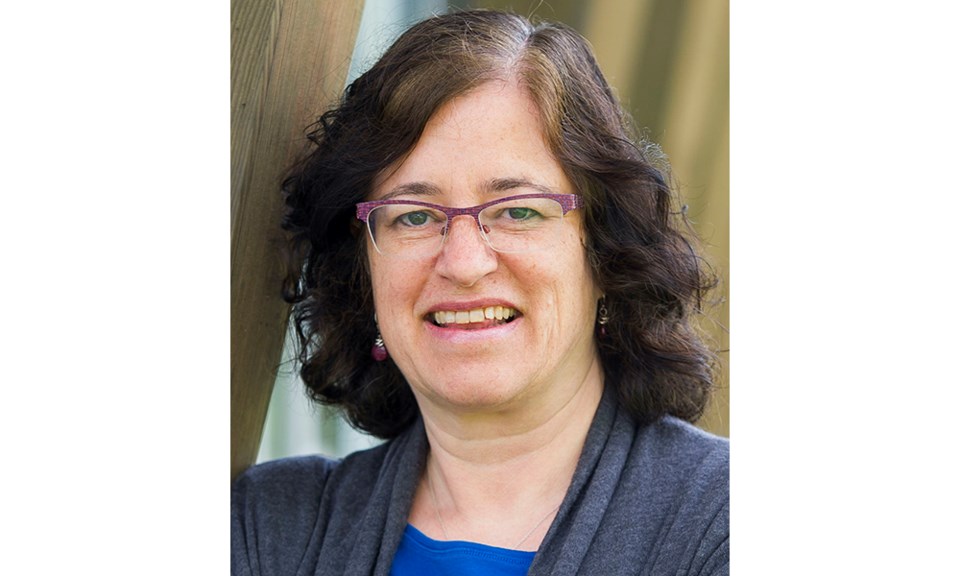About five people a day die from illicit drug overdoses in British Columbia. After six years of a public health emergency, more than 7,000 people have died. That’s far higher than the COVID-19 pandemic death toll and the sustained nature of the overdose crisis shows it’s deeply ingrained in our province.
But yet, the public health resources combatting the pandemic – including near-daily news conferences at times, the shut-down of our entire society for months and wholesale changes to our way of life – have been much greater and seemingly more dedicated than those directed at the toxic drug supply.
That’s why I applaud the provincial government’s recent decision to provide more access to prescribed drugs, a so-called “safer supply” of illicit drugs for known drug users who are at high risk of dying from the toxic drug supply.
And it is toxic.
This wicked drug supply is lined with fentanyl and other synthetic opioids, designed to hook people even harder.
“We are seeing a whole generation of people who are using fentanyl and carfentanil and other synthetic opioids that are mass produced and highly unregulated – what we are finding … is that people who are addicted to heroin are no longer the bulk of the people that we are seeing and they need medications like fentanyl to cover the cravings and the feelings that they’re having,” said Dr. Bonnie Henry, B.C.’s provincial health officer, who says she has been advocating for a program like this for many years.
Richmond has the lowest rate of illicit drug deaths per health service delivery area in B.C., at 12.1 deaths per 100,000 people so far this year. To put that into context, Vancouver’s rate is the highest in the province at 68.2 deaths per 100,000 people, followed by the Northeast health service delivery area, which has a rate of 58.4 deaths per 100,000 people in 2021 so far.
But still, 11 people in Richmond died from drug overdose in the first five months of this year and 18 died in 2020. That’s too many. If lives can be saved by prescribing clean drugs, it’s the right thing to do.
The new program, the first of its kind in Canada, will start with fentanyl and opioids for the first couple of years, but could expand to include stimulants, depending on the results.
B.C. Green Party leader Sonia Furstenau called the move a “small step in the right direction,” but said “what we need is a leap.”
A prescriber model puts a barrier between drug users and safe supply and won’t be enough to drastically reduce illicit drug deaths, Furstenau said.
“Failing to provide a low-barrier and effective safe supply is costing all of us — we see it in the burn out of our emergency medical responders, in the increase in organized crime, and most of all in the people who die every day from ineffective policy,” Furstenau said.
Instead, she would rather see an option outside the medical system, such as a compassion club or a co-op model.
But the First Nations Health Authority supports the program.
“B.C. First Nations continue to be over-represented in overdose deaths due to the toxic drug crisis,” said Dr. Shannon McDonald, acting chief medical officer, First Nations Health Authority. “For this reason, we are highly supportive of this new and innovative prescribed safer supply policy, which aims to reduce drug-related harms and improve the overall health and wellness of people at risk for drug toxicity events and death. We are certainly happy to have access to every tool in the available toolkit to respond to this ongoing crisis.”
One unnamed drug user who has been accessing safe supply through the SAFER program in Victoria said it helps.
“It makes me feel well and helps keep me safe and with no fear of dying with street drugs. Staff are excellent. There's no shame in this — it leaves you with dignity,” the person said in the government news release.
This program won’t solve the illicit drug overdose crisis in B.C., but it’s a start and is one of many possible routes out of a life on the street, where the risk of dying is ever present.
“This is one tool within a comprehensive response to the overdose crisis as we continue to also build up a treatment system so everyone can get the care they need,” said B.C.’s minister of mental health and addictions. “There is more to do, and we won't stop working until we turn this crisis around.”
Good thing, because this health crisis is far from over. But every life saved will make a difference.
Tracy Sherlock is a freelance journalist who writes about education and social issues. Read her blog or email her [email protected]

